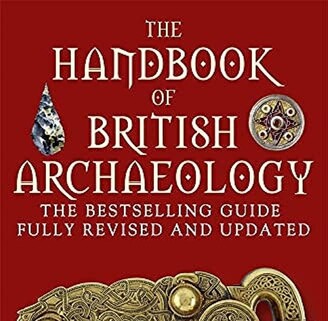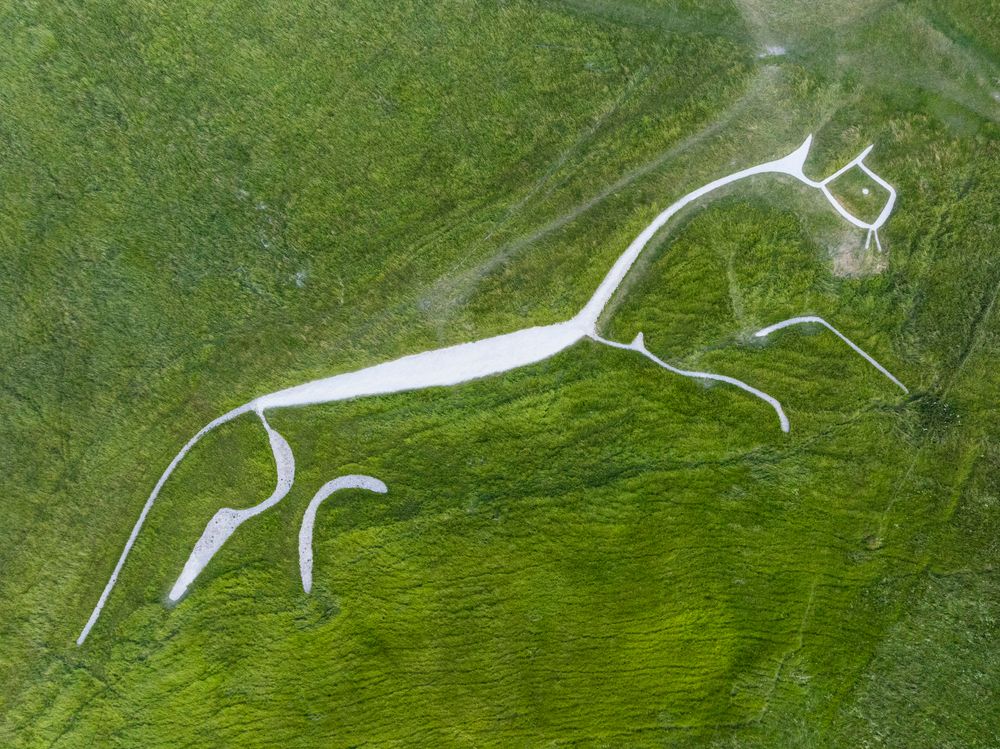Archaeologists have given Britain’s oldest chalk figure a facelift, with work to restore the head and neck profile of the Uffington White Horse in Oxfordshire.
Archaeological work last year, including examination of previous surveys, showed that parts of the ancient chalk horse carved into the hillside have narrowed over time, as grass has encroached and topsoil slipped.
The head and neck area of the 3,000-year-old figure had narrowed to less than half its typical width.
Now archaeologists from the National Trust and Oxford Archaeology have returned the 364ft (111m) long horse, which dates from the Bronze Age, to its typical profile, by carefully cutting the encroaching turf back to the estimated original edge and re-distributing some of the top layer of chalk on the figure.
During the work, soil samples from the lowest layers of the figure have also been taken to see if they can be used to accurately date its creation.
Previous samples taken in the 1990s revealed the horse to be Britain’s oldest chalk figure, but techniques to date archaeological remains have improved so there is an opportunity to refine the date further, the team said.




